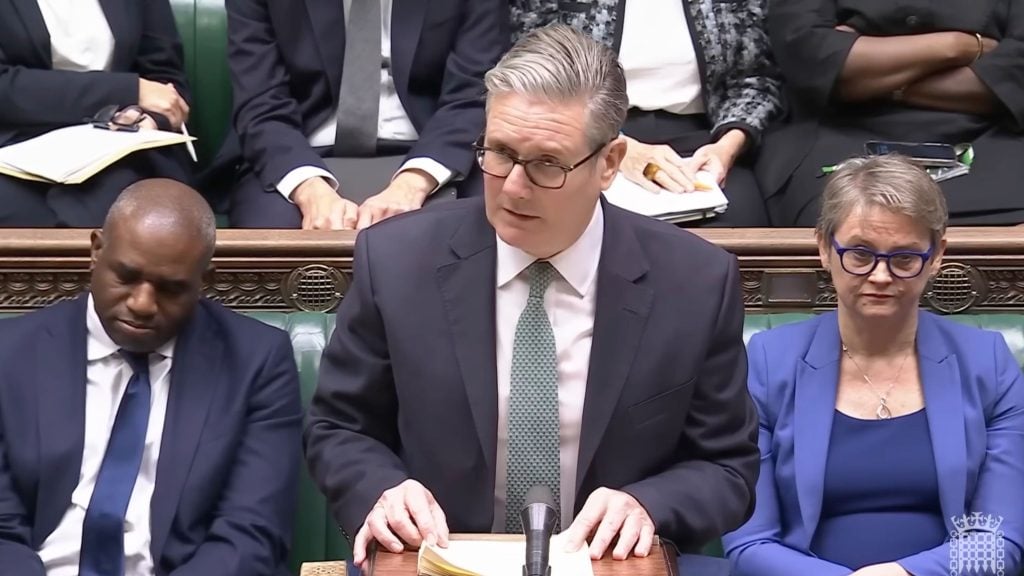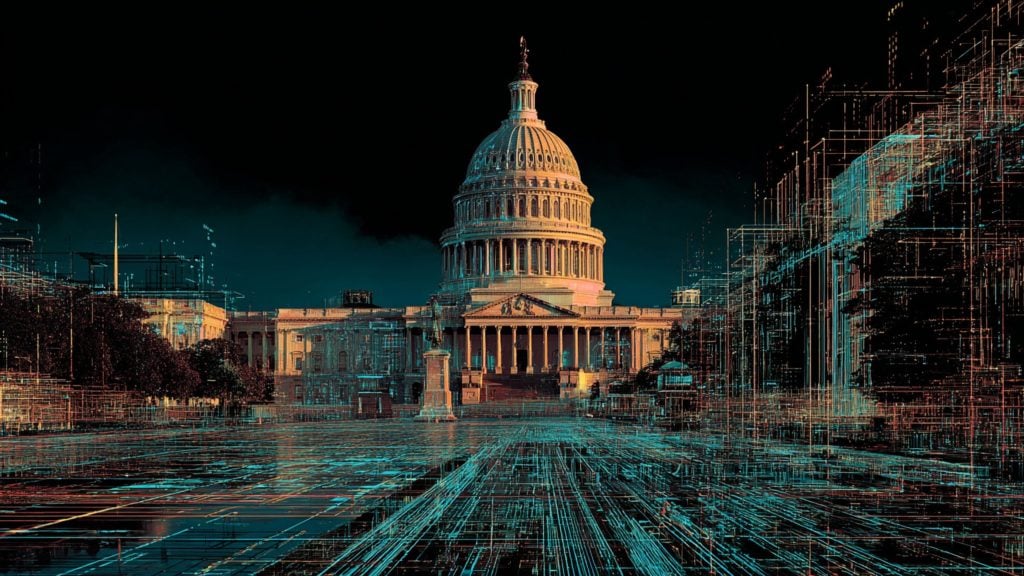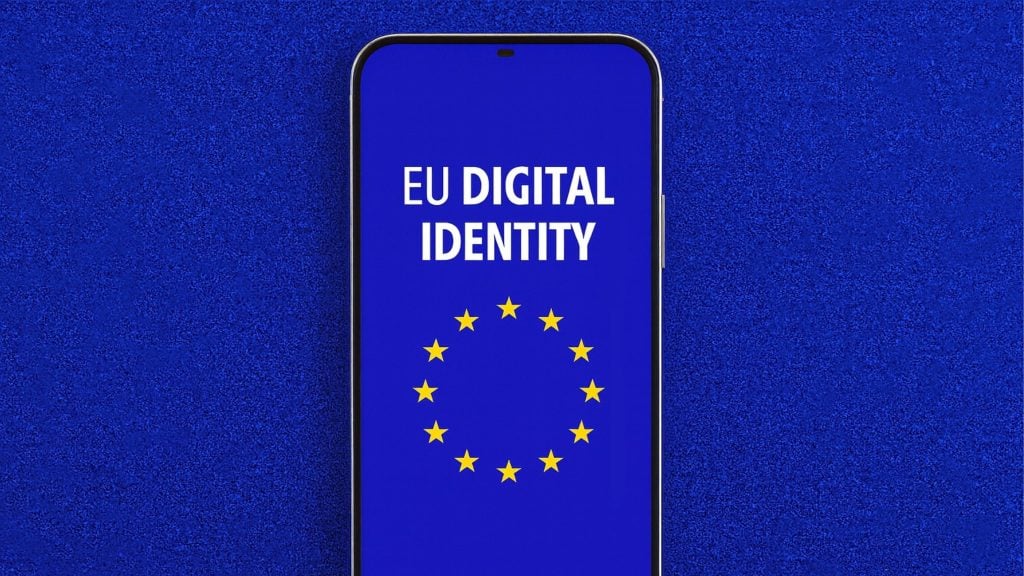
Australia Advances National Facial Recognition Network Despite Privacy Concerns
Australia is building a biometric database of its citizens before setting the rules for who can access it.

Australia is building a biometric database of its citizens before setting the rules for who can access it.

Anonymization promises invisibility but delivers a paper mask, easily peeled back by the same systems that claim to protect it.

Texas’s age-check law would strip users of digital privacy and restrict free speech.

A proposal meant to shield minors could hand Ottawa power over what Canadians are allowed to see online.

Bill C-9 dresses its intent in compassion while quietly redrawing the limits of public dissent.

The UK’s Ofcom now seems to believe its power supersedes the US Constitution when it comes to foreign censorship demands.

A privacy-first Android is finally stepping outside Google’s hardware shadow.

Citing Denmark and Estonia, officials skipped over the part where those systems had data breaches.

Budget gaps and thin staffing met their match in a machine that never blinks.

What begins as child protection ends as an unprecedented mandate to tag, track, and watch every digital move.

Apple and Google brace for a privacy tradeoff as Texas turns app downloads into identity checkpoints.

The move from watching crowds to identifying individuals is no longer hypothetical in Hong Kong.

A judge just told the government that emailing censorship demands have no legal authority.

The Canadian government wants the power to disappear your internet access with no judge, no warrant, no warning.

Your power company might be the most valuable data broker you never noticed.

The proposed rules would force open-source coders into the role of financial gatekeepers.

New York’s lawsuit drills into tech giants’ negligence, but the real endgame could be a future where online anonymity is collateral damage.

The regulator is acting as if UK law governs platforms that exist entirely outside its borders.

Compulsory age checks mark a quiet but seismic move toward digital identity becoming the price of admission online.

Retailers must now disclose when personal data shapes the prices customers see.

Starmer’s digital ID push is already stretching beyond job checks, edging toward a future where even teenagers are logged into the system before they’ve left school.

A single click could soon silence the data brokers lurking behind every scroll and search.

A birthday lament turns manifesto as Durov warns of a vanishing digital frontier.

A citywide surveillance system now uses thousands of residential cameras to enable real-time monitoring and data collection.

Australia is building a biometric database of its citizens before setting the rules for who can access it.

Anonymization promises invisibility but delivers a paper mask, easily peeled back by the same systems that claim to protect it.

Texas’s age-check law would strip users of digital privacy and restrict free speech.

A proposal meant to shield minors could hand Ottawa power over what Canadians are allowed to see online.

Bill C-9 dresses its intent in compassion while quietly redrawing the limits of public dissent.

The UK’s Ofcom now seems to believe its power supersedes the US Constitution when it comes to foreign censorship demands.

A privacy-first Android is finally stepping outside Google’s hardware shadow.

Citing Denmark and Estonia, officials skipped over the part where those systems had data breaches.

Budget gaps and thin staffing met their match in a machine that never blinks.

What begins as child protection ends as an unprecedented mandate to tag, track, and watch every digital move.

Apple and Google brace for a privacy tradeoff as Texas turns app downloads into identity checkpoints.

The move from watching crowds to identifying individuals is no longer hypothetical in Hong Kong.

A judge just told the government that emailing censorship demands have no legal authority.

The Canadian government wants the power to disappear your internet access with no judge, no warrant, no warning.

Your power company might be the most valuable data broker you never noticed.

The proposed rules would force open-source coders into the role of financial gatekeepers.

New York’s lawsuit drills into tech giants’ negligence, but the real endgame could be a future where online anonymity is collateral damage.

The regulator is acting as if UK law governs platforms that exist entirely outside its borders.

Compulsory age checks mark a quiet but seismic move toward digital identity becoming the price of admission online.

Retailers must now disclose when personal data shapes the prices customers see.

Starmer’s digital ID push is already stretching beyond job checks, edging toward a future where even teenagers are logged into the system before they’ve left school.

A single click could soon silence the data brokers lurking behind every scroll and search.

A birthday lament turns manifesto as Durov warns of a vanishing digital frontier.

A citywide surveillance system now uses thousands of residential cameras to enable real-time monitoring and data collection.















































